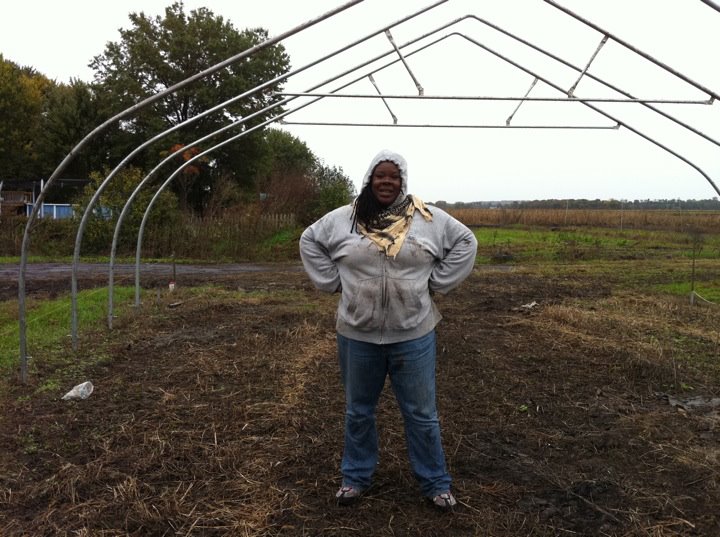Grist is proud to present the Change Gang — profiles of people who are leading change on the ground toward a more sustainable society and a greener planet. Some we’ve written about before; some are new to our pages. Some you’ll have heard of; most you probably won’t. Know someone we should add to the Change Gang? Tell us why.
Google Julian Rodriguez-Drix’s name and one of the highest ranked hits is an April 2010 article in the arch-conservative American Spectator magazine, “Lyin’ For Climate Indoctrination.” Writer Paul Chesser breathlessly alerts readers that the “slick” Rodriguez-Drix is nefariously spreading “the global warming alarmism gospel to students one school assembly at a time” under the auspices of the Alliance for Climate Education (ACE). Protect the children!
When informed of this, Rodriguez-Drix chuckles.
“I laughed so hard when I first saw that,” he says. “But if you aren’t ruffling feathers, then you’re not pushing hard enough.”
Since graduating from Brown in 2008, Rodriguez-Drix has been pushing plenty hard. Before settling down in his current job as programs director at the Environmental Justice League of Rhode Island, he co-founded two nonprofits — Rising Tide North America, a grassroots organization dedicated to taking “direct action to confront the root causes of climate change,” and ShaleShock, an “outreach and information hub” for groups working to stop natural gas fracking in the Marcellus Shale of upstate New York.
When Rodriguez talks about “root causes,” he isn’t thinking small. His undergraduate major at Brown, Africana Studies, helped him understand how all the “pathologies” of modern civilization are connected — from monoculture carbon-offset tree plantations in Brazil to anti-globalization protests in Miami to natural gas drilling in the rural Finger Lakes region of New York, where he grew up.
“The different problems that we are facing today have a common foundation in the history of what’s been done to this land over the past 500 years — the history of colonialism, of slavery, of the industrial revolution, together created all these different multiple crises that we’re facing.”
Even an institution as progressive as Brown can’t escape the taint of history, notes Rodriguez-Drix.
“Providence was actually the birth place for the American Industrial Revolution,” he says. “Some of the very first mills were built along the rivers here and there’s a really long-term toxic legacy in the waterways and the land. Even the Brown family — it’s been documented how they made a lot of money off the slave trade — it was Northerners who made the ships and built the mills to process the cotton from the plantations.”
Speaking to thousands of students at a time during his stint as lecturer for ACE was important work, says Drix, but he ultimately realized he’d be happier working for a smaller organization where he could spend more intense one-on-one time with young people, while training them to be social movement leaders like himself.
He particularly enjoys “seeing someone think through things and transform and come up with new ideas. To see that kind of process and growth and development is huge.”
It all starts with a willingness to question the status quo, to look deeper when “you see something that doesn’t quite fit in with the stories that you get raised on.”
We have this narrative of progress, and of everything being great,” says Rodriguez-Drix. “And then you have these experiences, you see a peaceful protest where the police come in and start pepper spraying people, or you see what used to be a mountain that is now a moonscape, or you see traditional people living without electricity on the same land they’ve lived on for generations being pushed out of it and having the coal dug out of the ground next to them and the water sucked dry in the desert while huge electricity lines are going right over their head.”
And then you go out and do something about it, or better yet, train other people to take action. No wonder the American Spectator‘s climate deniers think Rodriguez-Drix is dangerous.




